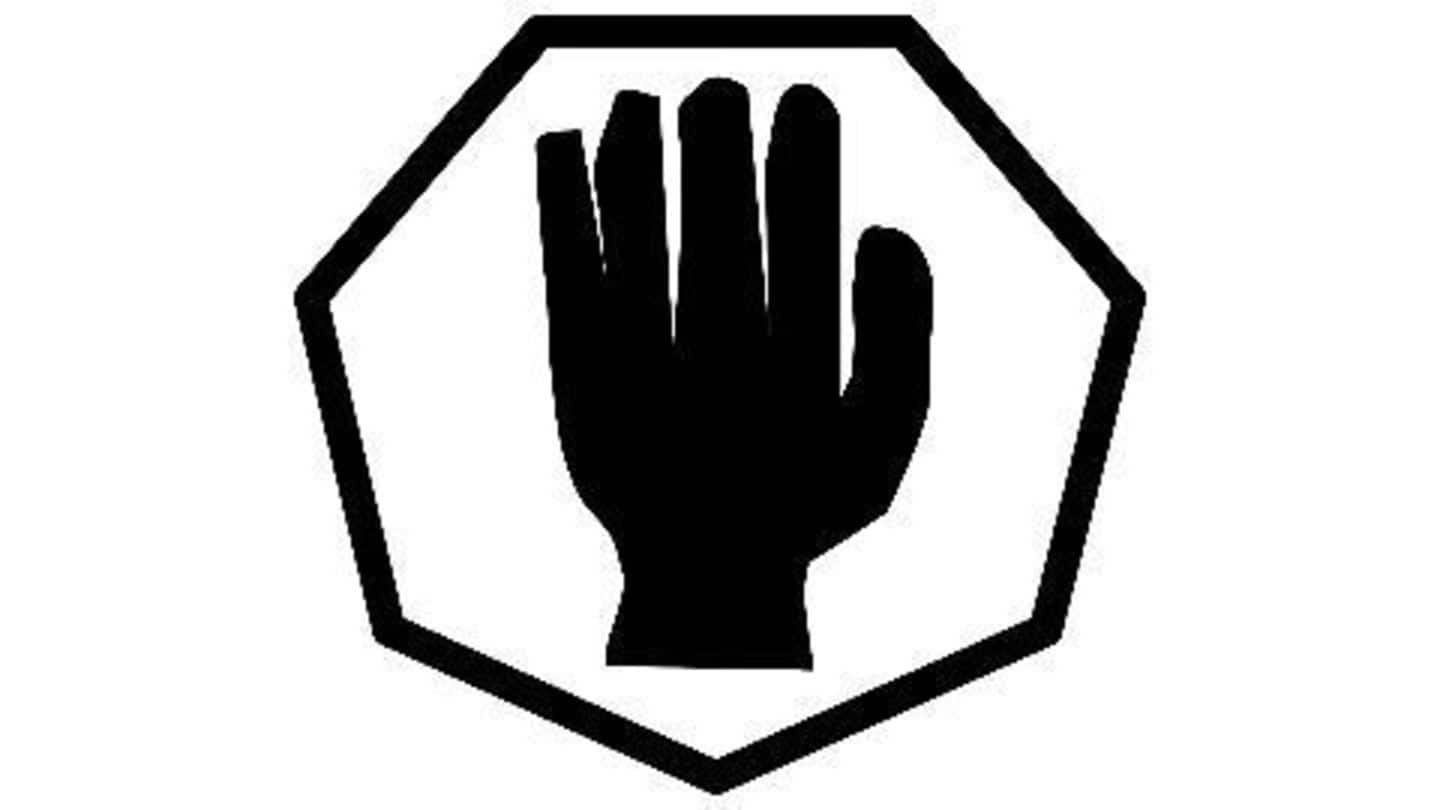
India 'not yet ready' for intelligence sharing with US
What's the story
The US is pushing India for a Defence Intelligence Sharing Agreement to further strengthen defence ties between the two nations.
Two American officials will be visiting India next month to discuss the finalisation of this agreement during the upcoming visit of Prime Minister Modi to the US in June 2016.
However, India has said that it is not yet ready for the agreement.
About
What is defence intelligence sharing?
The Atal Bihari Vajpayee-led NDA government had first signed the Defence Intelligence Sharing Agreement with the US in 2003.
The agreement focused on sharing of information relating to terrorism and countries supporting terrorism.
The agreement expired in 2008 but was not renewed by the Defence Minister of the UPA government, AK Antony. As a result, the agreement lapsed.
Personal
Renewed hopes for the agreeement
Following the return of the NDA government in India and the talks between Prime Minister Modi and President Barack Obama, US officials are hopeful of signing the agreement again with India.
25 Jan 2015
Obama's India visit further strengthens defence ties
During the visit of the US President Barack Obama, both India and the US had decided to take their defence ties to 'new levels'.
Both the nations agreed to renew the Defence Framework Agreement to enhance their bilateral defence partnership by increasing in-depth military intelligence sharing among other things.
Moreover, the military intelligence sharing had featured in all the discussions between the 2 leaders.
Personal
Advantages of the agreement
The defence intelligence sharing will help India preempt terrorist attacks like the ones that happened in India's diplomatic facilities in Afghanistan. It will boost India's counter-terrorism strategies.
Problems
What are India's apprehensions?
The defence sharing agreement with the US can compromise India's strategic autonomy and interest.
It can also lead to exposure of state secrets to the US.
Further, security equipment can also be used to eavesdrop on India's sensitive information.
Wikileaks had revealed that nations spy on each other's citizens and then pass on the information to their partners thus violating the privacy of citizens.